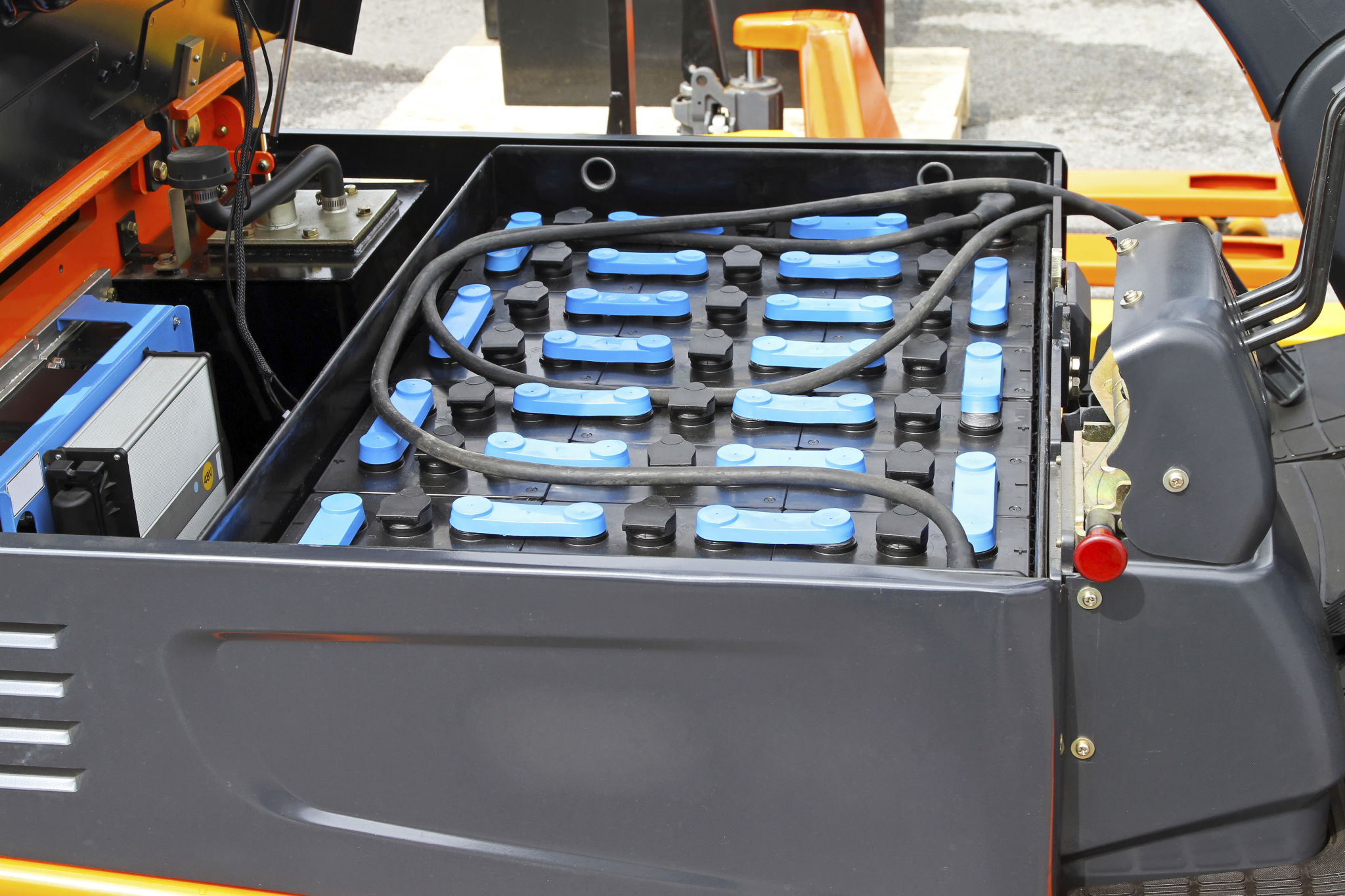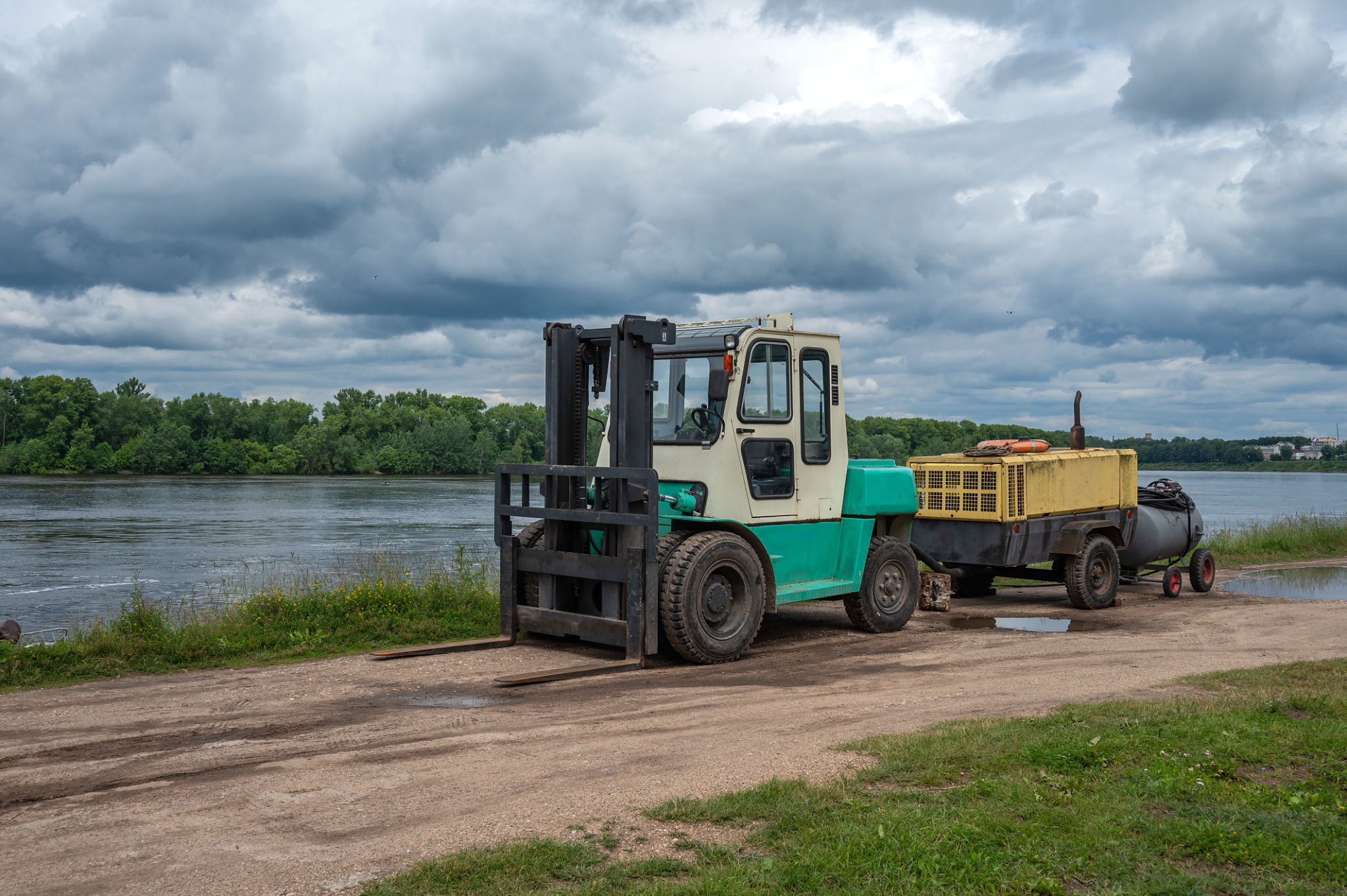Seasonal Forklift Maintenance: Preparing for Peak Seasons
Understanding the Importance of Seasonal Forklift Maintenance
As the seasons change, so do the demands on your forklift fleet. Preparing for peak seasons with proper forklift maintenance is not just a best practice; it's a necessity. Regular maintenance ensures that your equipment is operating at peak performance, reducing downtime and increasing productivity during busy periods. Seasonal maintenance helps to address potential issues before they become costly problems.

Key Areas to Focus On During Seasonal Maintenance
Inspecting and Replacing Fluids
One of the critical aspects of forklift maintenance is inspecting and replacing fluids. This includes checking engine oil, hydraulic fluid, brake fluid, and coolant. Over time, these fluids can degrade and lose their effectiveness, especially with seasonal temperature changes. Make sure to replace them as needed to keep your forklifts running smoothly.
Checking Tires for Wear and Tear
Tires are another crucial component that require attention during seasonal maintenance. Inspect tires for signs of wear and tear, such as cracks or bald spots. Properly inflated and well-maintained tires not only ensure safety but also improve the efficiency of your forklifts. Consider switching to tires suited for specific seasonal conditions if necessary.

Battery Maintenance: A Vital Step
The battery is the heart of your electric forklifts, and maintaining it is vital for optimal performance. During seasonal changes, especially in colder weather, batteries can be more prone to failure. Regularly check battery connections for corrosion, ensure proper charging, and maintain adequate water levels in lead-acid batteries.
Keep Electrical Systems in Check
In addition to the battery, it’s important to conduct a thorough check of the entire electrical system. Look for any frayed wires or loose connections that could lead to operational issues. Ensuring that all electrical components are in good condition can prevent unexpected breakdowns during your busiest times.

Bringing Safety to the Forefront
Safety should always be a top priority when preparing forklifts for peak seasons. This includes checking the condition of seat belts, lights, horns, and alarms. Make sure that all safety features are functioning correctly and that operators are fully aware of safety protocols.
Conducting Operator Training
Alongside mechanical maintenance, consider providing refresher training for your forklift operators. This ensures they are up-to-date with the latest safety practices and operational guidelines, which can reduce the risk of accidents and contribute to a safer work environment.
- Review safety protocols regularly.
- Ensure operators are certified and trained.
- Conduct periodic safety drills.
Planning for Spare Parts Inventory
An often overlooked aspect of seasonal maintenance is managing your spare parts inventory. During peak seasons, having readily available spare parts can mean the difference between a quick fix and extended downtime. Assess your current inventory and order necessary parts ahead of time to avoid interruptions.

By taking these proactive steps in seasonal forklift maintenance, you not only ensure the longevity of your equipment but also significantly enhance productivity during peak periods. With proper planning and execution, your operations can run smoothly, keeping up with the demands of busy seasons while ensuring the safety and efficiency of your fleet.
